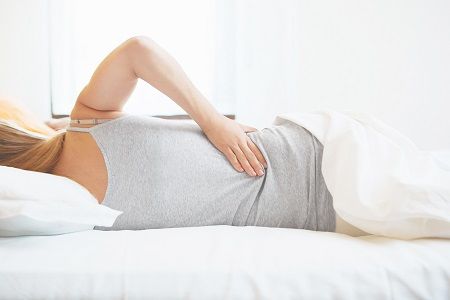Article
Sex Pain Improves After Back Pain Surgery
Author(s):
Researchers from the University of California-San Francisco examined patients with specific back conditions and assessed the ways in which surgery helped them with their sex lives.

When it comes to walking, bending, and even sex, chronic back pain can severely inhibit activities of everyday living. Researchers from the University of California-San Francisco examined patients with specific back conditions and assessed the ways in which surgery helped them with their sex lives.
Shane Burch, MD, an orthopedic surgeon from the University of California-San Francisco, and colleagues, collected data from the Spine Outcomes Research Trial (SPORT), a large study focused on surgeries for spinal disorders. The team specifically looked at patients with spinal stenosis or degenerative spondylolisthesis; patients who responded to questionnaires that sexual function was still a relevant concern were included in the analysis. Fifty-five percent of them reported prior to treatment that at least some pain that affected their sex life.
The participants were randomly assigned to either receive surgery or nonsurgical treatment. Of the 825 patients, 531 had spinal decompression or spinal fusion surgery, and the other 294 received nonsurgical treatment.
“The impetus behind our study was to initiate the process of understanding how back surgery affects patients’ lives,” Burch explained in a news release. “An important aspect for many patients includes sex life.”
Less than 20% of patients who underwent either surgery still experienced sex-related pain after three months. However, of those who had nonsurgical treatment, about 40% still had sex-related pain. The improvement continued four years following surgery, as described in the journal Spine.
While more information is needed on how back surgery impacts sex-related pain, the researchers should discuss with patients how back pain can impact their sexual activities.
“We have very limited data to discuss this topic, and we need to do a better job for our patients to inform them of what to expect after surgery,” Burch concluded.
Related Coverage:
First-in-Class Drug Yields High Hopes for Chronic Low Back Pain
Implantable Treatments Provide Alternatives to Opioids for Back Pain
Telling Patients They’re Taking a Placebo Still Reduces Chronic Low Back Pain





